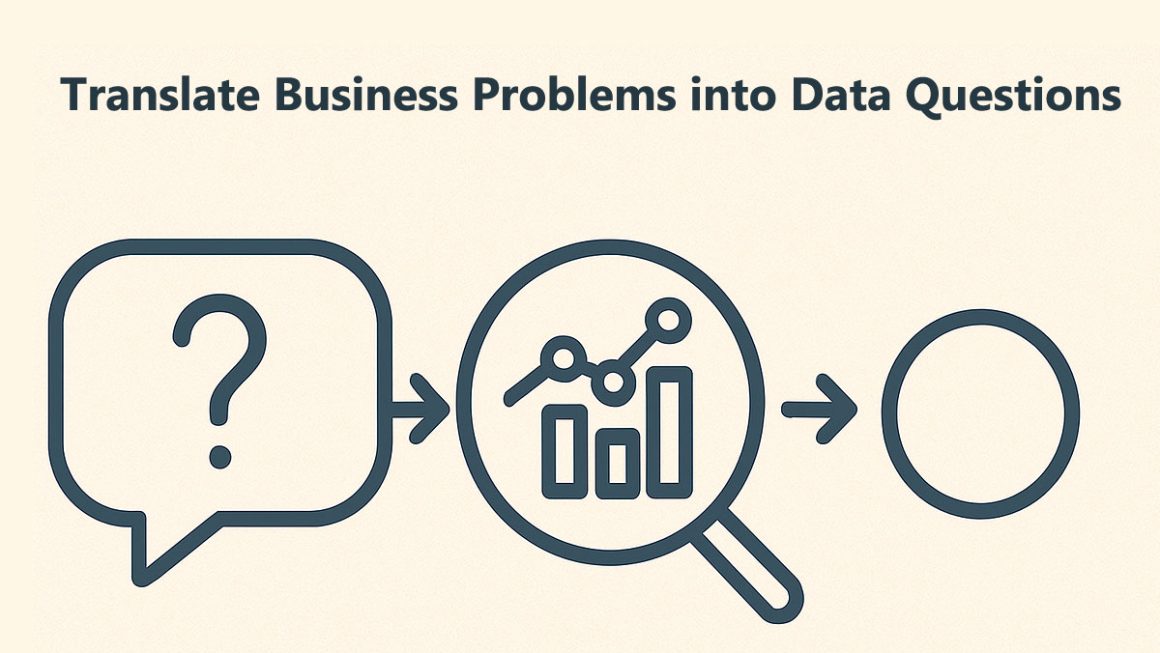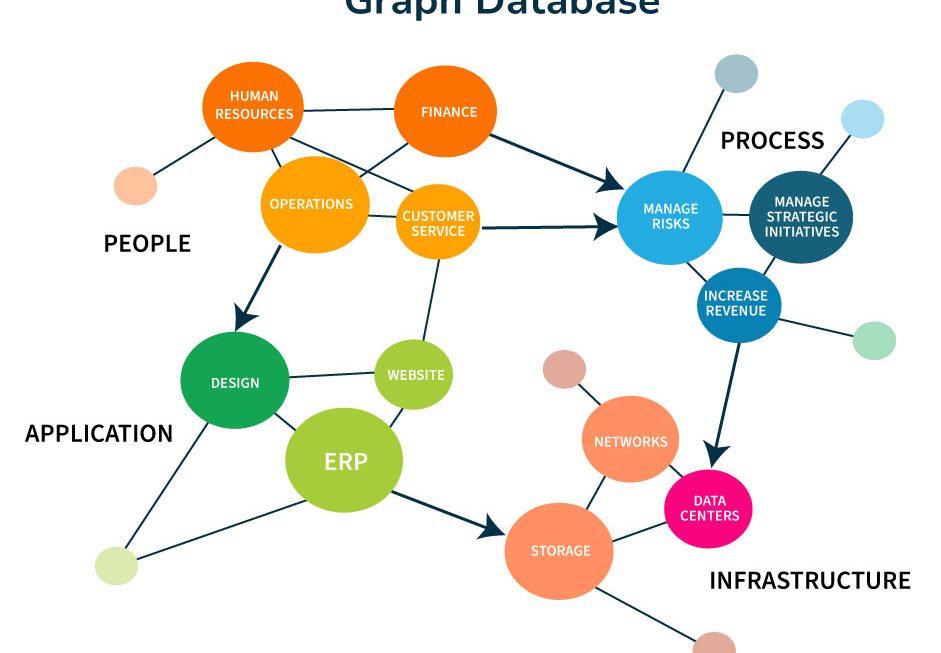In today’s digital world, data is the new oil. Companies collect data from almost every activity—be it online shopping, social media, or financial transactions. But collecting data alone does not create value. The real value comes when this data is analyzed and the insights are shared in a way that businesses can understand and use for decision-making.
This is where communication plays a vital role. You might be an expert in Python, SQL, or Power BI, but if you cannot communicate your findings in a simple and clear manner, your hard work may not get the attention it deserves. In fact, business communication skills are what transform a good analyst into a great one.

Why Business Communication Matters in Analytics?
-
1. Numbers alone are not enough
As an analyst, you may spend hours building complex models and cleaning large datasets. But when you present your findings, raw numbers and statistics are rarely enough to influence decision makers. Business leaders are not interested in the technical process; they want to know the “so what.” For example, saying that “sales dropped by 8 percent in Q2” is just a number. But explaining that “delayed deliveries in northern India caused the sales drop, and fixing logistics could recover revenue” makes the insight actionable. Numbers gain meaning only when translated into real-world impact.
2. Building trust with stakeholders
Trust is the foundation of every successful analytics project. When you present your work with clarity and honesty, stakeholders begin to rely on your insights for decision-making. This means not only sharing positive results but also highlighting the limitations of your analysis. For instance, if your prediction model has 85 percent accuracy, say it openly instead of overselling. Transparent communication builds credibility. Once people trust you, they are more likely to implement your recommendations, turning your analysis into meaningful business outcomes.
-
3. Driving real impact
Analytics is not about creating beautiful dashboards or writing perfect SQL queries—it is about creating impact. Communication is the bridge that turns insights into action. If you find a pattern in customer behavior but fail to explain it clearly, the company loses an opportunity. On the other hand, when you present your findings in a way that shows direct benefits, such as increased revenue or reduced costs, leaders are motivated to act. Impact comes when analysis is connected to business goals through clear communication.
6 Key Business Communication Skills Every Analyst Should Master
1. Simplifying complex ideas
One of the most valuable skills an analyst can have is the ability to simplify. Business leaders do not want to hear about regression coefficients or clustering algorithms—they want to understand what the data means for their growth. For example, instead of saying “the model used K-means clustering to segment customers,” say “we grouped customers into three categories based on their buying habits, which helps us target them better.” Simplification does not mean dumbing down—it means making insights clear, relatable, and easy to apply in decision-making.
2. Storytelling with data
Data storytelling transforms boring reports into powerful messages. A good story has a beginning, middle, and end. Start with the problem, explain how you analyzed the data, and end with the recommendation or solution. For example, “Customer complaints were rising, we analyzed delivery times, and found that delays caused dissatisfaction. Fixing logistics could improve retention.” This story format makes your audience remember the message long after the presentation. Storytelling with data not only informs but also persuades and inspires action.
3. Active listening
Many analysts believe communication is only about presenting, but listening is equally important. Before jumping into data, you must understand what stakeholders actually want. If a sales manager asks why customer retention is low, and you present a full report on market trends instead, your work may not add value. Active listening ensures your analysis answers the right questions. When you listen carefully to concerns, expectations, and goals, you can align your insights with business needs. This creates relevance and shows respect for your audience.
4. Visual Communication
Visuals are powerful because the human brain processes images faster than text. But not all visuals are effective. Overloaded dashboards, confusing charts, or too many colors can overwhelm the audience. A good analyst uses visuals to highlight the key message, not to show off design skills. For instance, a simple line graph showing sales drop over months communicates more clearly than a cluttered 3D chart. Learning to design clean, focused visuals ensures that your insights are easy to understand and leave a strong impression.
5. Writing Concise Reports
Not every business decision requires a long presentation. Many times, leaders prefer a short, clear report that gets to the point quickly. Writing concise reports is a skill that sets analysts apart. Instead of sending a 10-page document filled with tables, summarize the key findings in one page with bullet points and actionable recommendations. Concise writing respects the time of your readers while ensuring your insights are documented. This way, your work continues to provide value even when you are not present to explain it.
6. Real Life Example
Imagine you are analyzing sales data for an e-commerce company. Your model shows that sales dropped in the northern region due to late delivery issues.
- Poor communication: “The logistic regression model highlights significant coefficients for delivery time, showing a negative correlation with sales.”
- Effective communication: “Our sales are dropping in the north mainly because deliveries are taking longer. If we reduce delivery time by even one day, sales could increase by at least 15 percent.”
The second explanation is simple, direct, and actionable. This is the kind of communication that leaders appreciate.
How Business Communication Elevates Your Career?
1. Makes you stand out in interviews
Job interviews are not only about testing technical knowledge but also about assessing communication skills. Employers often ask candidates to explain a past project or present a case study. If you can explain your project in simple terms—why it mattered, what challenges you faced, and what results it achieved—you immediately stand out. Candidates who only talk about tools and code may sound smart, but those who connect their work to business value create a lasting impression. Clear communication can be the difference between getting hired or being overlooked.
2. Helps you grow faster in your job
In the workplace, promotions and leadership opportunities often go to people who can influence others, not just those who can write the best queries. Analysts who communicate effectively are seen as problem solvers who bridge the gap between technical teams and decision makers. This visibility makes you a natural choice for higher responsibility. For example, an analyst who presents clear insights in board meetings is more likely to be considered for a managerial role than one who quietly works in the background. Communication accelerates career growth.
3. Bridges the gap between data and business
One of the biggest challenges in analytics is that technical teams speak the language of data, while business leaders think in terms of growth, revenue, and customers. Strong communication skills bridge this gap. When analysts explain insights in a business-friendly way, they make sure the numbers connect to real-world outcomes. For example, rather than saying “our churn rate increased by 12 percent,” you might say “one in every eight customers is leaving us, costing the company nearly 50 lakh rupees annually.” This translation makes data meaningful and drives decisions that align with business goals.
4. Improves Collaboration
Analytics is rarely a solo effort—it involves working with multiple teams such as marketing, finance, operations, and IT. If an analyst cannot explain findings clearly, collaboration suffers. Good communication ensures everyone is on the same page. For instance, if the marketing team knows exactly which customer segment is most likely to respond, they can design better campaigns. Similarly, operations can act faster when they understand supply chain risks. Effective collaboration powered by strong communication makes analytics a shared success, rather than an isolated technical task.
5. Builds Confidence
Communication is not just about convincing others—it also strengthens your own confidence. When you know how to present your work clearly, you feel more prepared in meetings, interviews, or stakeholder discussions. Confidence grows when you can answer tough questions, simplify complex findings, and defend your analysis without hesitation. For example, if a leader challenges your prediction model, clear communication allows you to explain the logic and limitations without losing credibility. This confidence makes you appear more professional and trustworthy, which directly impacts your career growth.
Practical Tips to Improve Business Communication
- Know your audience – Adjust your style depending on whether you are speaking to technical peers or business leaders.
- Avoid jargon – Use everyday language to explain complex ideas.
- Use examples – Relating data to real life makes it easier to understand.
- Practice presentations – Record yourself or practice in front of friends to improve delivery.
- Work on body language – Eye contact, posture, and tone of voice matter as much as the content.
- Seek feedback – After meetings, ask colleagues if your message was clear. Use their feedback to improve.
- Read and write more – Reading articles and writing short summaries can improve your clarity of thought and expression.
The Future of Analytics and Communication
With the rise of artificial intelligence, machine learning, and big data tools, technical work is becoming easier and faster. But the ability to interpret results and communicate them effectively will always remain a human skill. In fact, as automation increases, communication will be the differentiating factor between an average analyst and a highly successful one.
Employers are now openly saying that they prefer candidates who can explain data well. This is why business communication is no longer an optional skill—it is a must-have for anyone who wants to build a long-term career in analytics.
Final Thought
Technical skills like SQL, Python, and Power BI may get you into the analytics field, but it is communication skills that will help you shine and grow. If you can explain insights in a simple, engaging, and confident way, you will not just be a data analyst—you will be a business partner, a decision maker, and a leader.
At ConsoleFlare, we focus on building both technical and communication skills. Our training programs are designed to make you job-ready, not just by teaching you tools but also by helping you present your work effectively. Because we believe that data without communication is wasted, but data with communication creates impact.
So if you are looking to elevate your analytics career, remember this: Numbers matter, but how you communicate those numbers matters even more. Master this art, and success will follow you naturally.
For more such content and regular updates, follow us on Facebook, Instagram, LinkedIn





